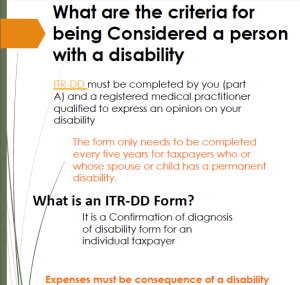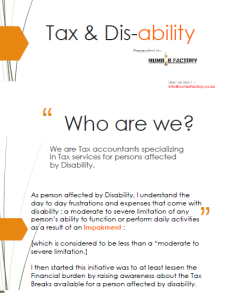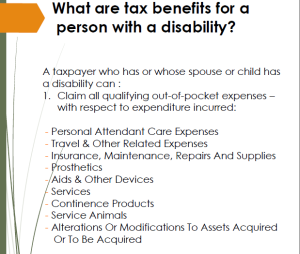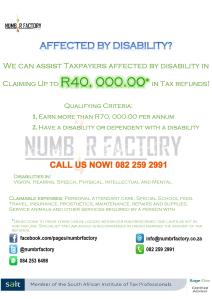The Supreme Court of Appeal rules that a vendor who fails to pay over VAT to SARS does not commit common law theft
Nothing makes SARS see red as much as a VAT vendor who charges VAT on his goods or services, collects the VAT from his customers, and then fails to pay it over to SARS.
SARS regards this as nothing less than theft. The VAT collected by the vendor did not belong to him, so the argument goes – it belonged to SARS. If the vendor then puts the VAT into his own pocket, he is stealing the money.
SARS’s interpretation of the law was put to the test
The first time that SARS’s view that failure to pay over VAT constitutes common law theft has been tested in the courts in a reported judgment (there was apparently an earlier unreported judgment in AJC Olivier v Die Staat) is during the recent decision of the Supreme Court of Appeal in Director of Public Prosecutions, Western Cape v Parker [2014] ZASCA 223, in which judgment was handed down on 12 December 2014.
In this case, at the instigation of SARS, a VAT vendor (the vendor, accused number one, was a close corporation and the second accused was its individual representative), which had collected VAT but failed to remit it to SARS, was prosecuted in the Bellville regional court and found guilty of, inter alia, common law theft. The individual was sentenced to five years’ imprisonment on that charge.
However, the jubilation in the ranks of SARS following that conviction – with its massive deterrent effect – has now been given a damper, for the conviction on the charge of common law theft has been quashed, first by the Cape High Court, and then by the Supreme Court of Appeal.
Did the failure to remit the VAT to SARS constitute common law theft?
Although the individual in question had appealed only against the jail sentence and had not appealed against his conviction on the theft charge, the Western Cape High Court of its own accord raised the issue as to whether the admitted conduct did in fact amount to common law theft.
Giving judgment in the appeal, the Western Cape High Court answered that question in the negative. Effectively, therefore, the conviction and sentence on the charge of common law theft were expunged.
The prosecution lodged an appeal to the Supreme Court of Appeal, which gave judgment on 12 December 2014, dismissing the appeal and affirming that what had transpired did not amount to common law theft.
Why is a failure to remit VAT to SARS not common law theft?
The superficial attractiveness of SARS’s argument that:
VAT collected by a vendor belongs to SARS, and
failure to remit VAT to SARS constitutes theft,
soon dims when placed under the spotlight.
The Supreme Court of Appeal identified several weaknesses in the argument.
Of major significance is that a VAT vendor is not a trustee vis-à-vis SARS. (If the vendor were, in law, a trustee for SARS, it would have been theft to misappropriate money held in trust.) To the contrary, the court held (at para [9] of the judgment) that the relationship between the VAT vendor and SARS is simply that of debtor and creditor. Thus, if the vendor fails to pay over the VAT, he can be sued by SARS for an unpaid debt.
It is, however, true, as the court pointed out, that, in addition to being sued civilly by SARS for the VAT that was collected but not paid over, the vendor could be criminally charged in terms of section 58 of the Value-Added Tax Act 89 of 1991 for failing to comply with the obligations imposed by the Act – but this is a statutory offence, not common law theft.
Thus, as the court pointed out, when it is sometimes said that a VAT vendor is an involuntary tax collector for SARS, this must not be taken literally – the vendor is not a tax collector for SARS in the formal sense of the word, nor is the vendor an agent of SARS in the strict sense of the word.
The court concluded (at paras [14]–[15]) that –
the concept of a trust relationship between the vendor and SARS which forms the bedrock of the State’s argument is clearly unsustainable . . . . The relationship it creates between SARS and the registered vendor is sui generis – one with its own peculiar nature. The Act does not confer on the vendor the status of a trustee or an agent of SARS.
The implications of the judgment
It is not in dispute that a vendor who fails to remit VAT to SARS commits a statutory criminal offence under s28(1)b) read with s 58 of the Value-Added Tax Act, which is punishable by a sentence of up to two years’ imprisonment.
That potential sentence is thus considerably lighter than for common law theft, and the stigma is less, as the misdemeanour can be downplayed as a technical fiscal offence.
This article first appeared on pwc.co.za.




